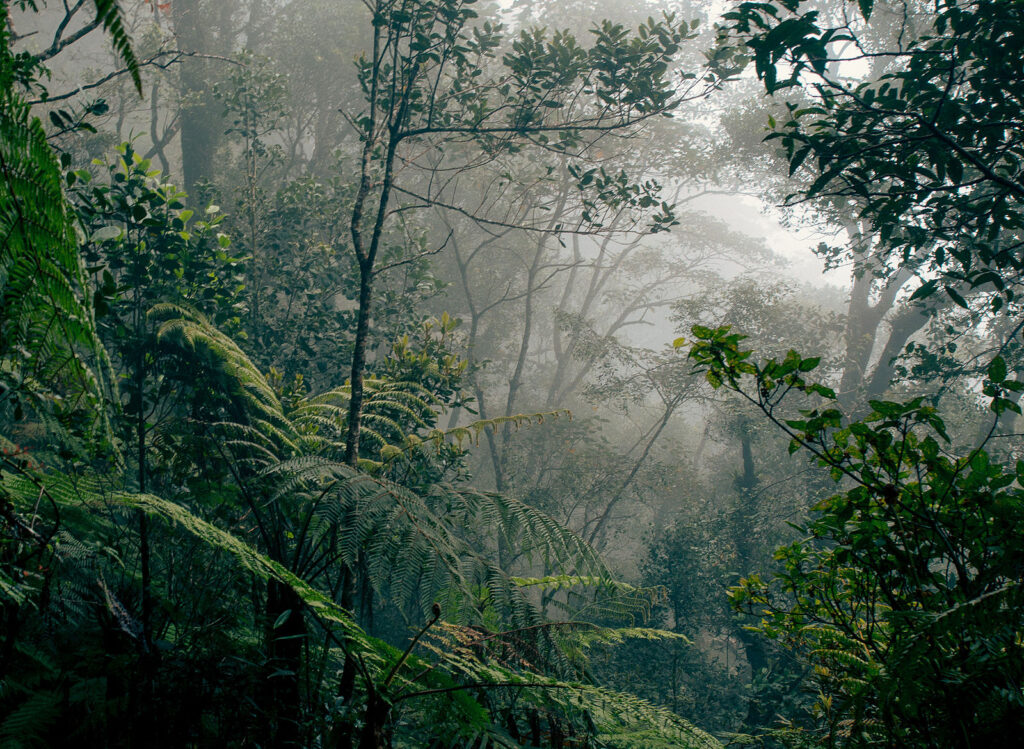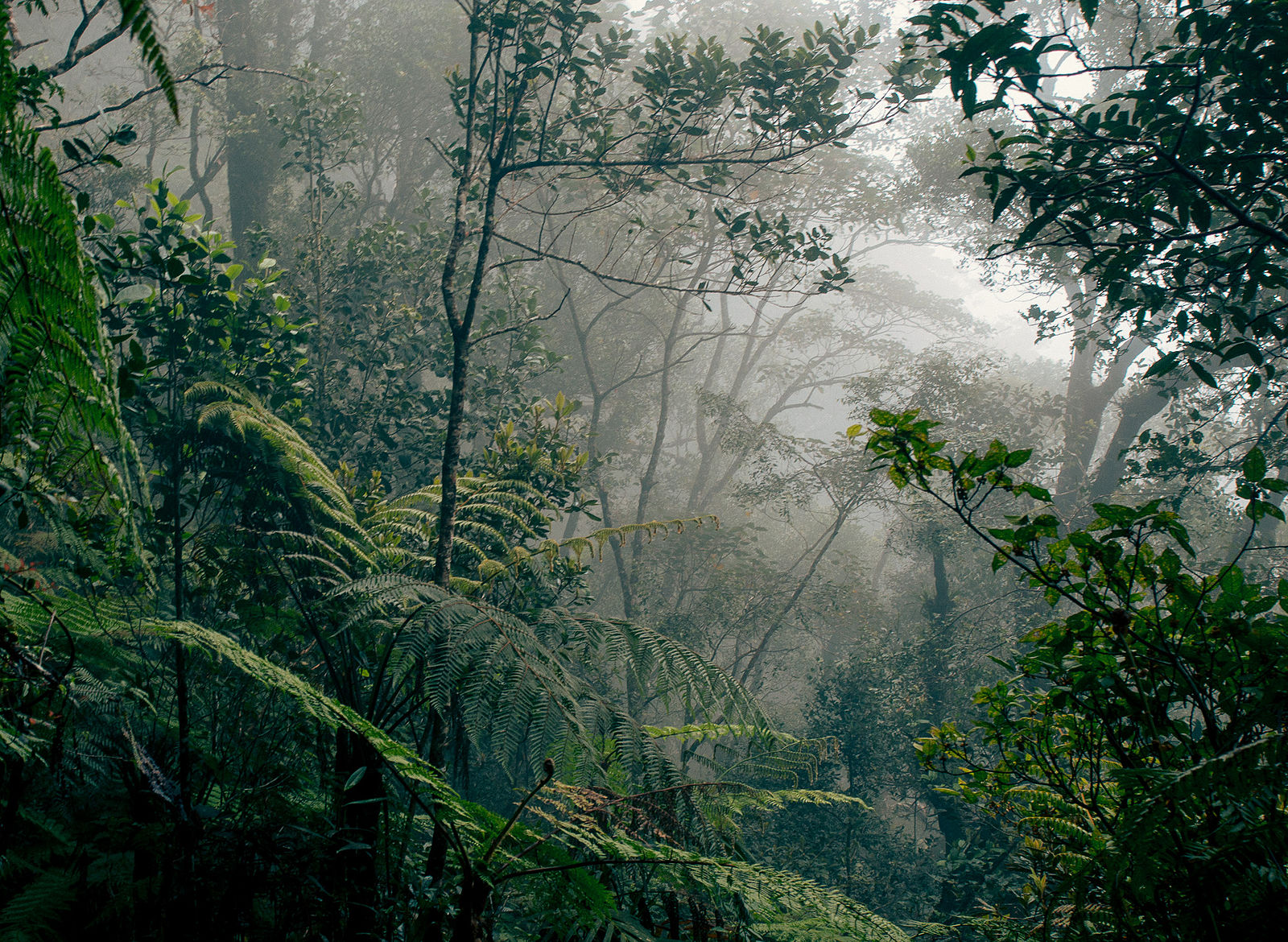Indonesia holds one-third of the world’s tropical rainforests, which are home to people and birds, leopards, rhinos, tigers, and gibbons playing among the lush canopies—and recent protections are helping these vital places thrive.

Indigenous tribes, orangutans, and so many more now have a seat at the table under the stewardship of Indonesian President Joko Widodo, elected in 2014.
The Widodo administration’s shepherding of land-use reforms and a reestablishing of a logging moratorium have achieved four consecutive years of declines in deforestation.
This steady work culminated in 2020 when the country achieved its lowest forest-loss rates since monitoring began, totaling a 75% drop year-over-year.
The country, which has been the largest producer of palm oil—had for years been open for business to anyone looking to open a plantation.
But a moratorium on new permits for plantations made permanent in 2019 under Widodo has combined with record-low prices for the commodity to slow its once-relentless advance.
Half of the square-mileage of Indonesia’s 17,500 islands is currently covered in forests, peatlands, swamps, or mangroves. Within those locations are some truly wonderful and iconic animals that depend upon forests to survive. These include the orangutan on Sumatra, the Komodo dragon on Komodo, the rhinos on Java, the starlings on Bali, the dwarf buffalo on Sulawesi, and the Sunda clouded leopard on Kalimantan.
Policies like a return of 30 million acres (12M hectares) to Indigenous governance, forest fire mitigation strategies, increased penalties and enforcement of environmental laws, and other efforts, have provided hope that the nation can protect its habitat, restore its remaining forests, and reduce emissions in line with her agreements to the Paris Accord.
“This [drop in deforestation] shows that various efforts done by the Ministry Environment and Forestry lately have produced significant results,” Ruandha Agung Suhardiman, director general of planning at the ministry, told Mongabay. “Their impact on reducing deforestation is tremendous.”
RELATED: For the First Time in 170 Years, Asia’s Longest-Missing Bird is Seen in Indonesia
This positive change in forestation practices hasn’t just been noticed by locals, but also the Norwegian government. Almost a decade after signing an agreement that would compensate government agencies if they could reduce forest loss, the first installment of a €1 billion reward arrived in Indonesia.
“It is a big deal because it reflects the fact that Indonesia has turned (a corner), and that is great news for all of us,” Oyvind Eggen, a director at Rainforest Foundation Norway, told Reuters.
GROW This Good News—Share This Story With Friends on Social Media…





















SO GLAD TO READ THIS!
I haven’t, and won’t buy a product with palm oil (or not fair trade). I want to vote with my dollar!
Great news!